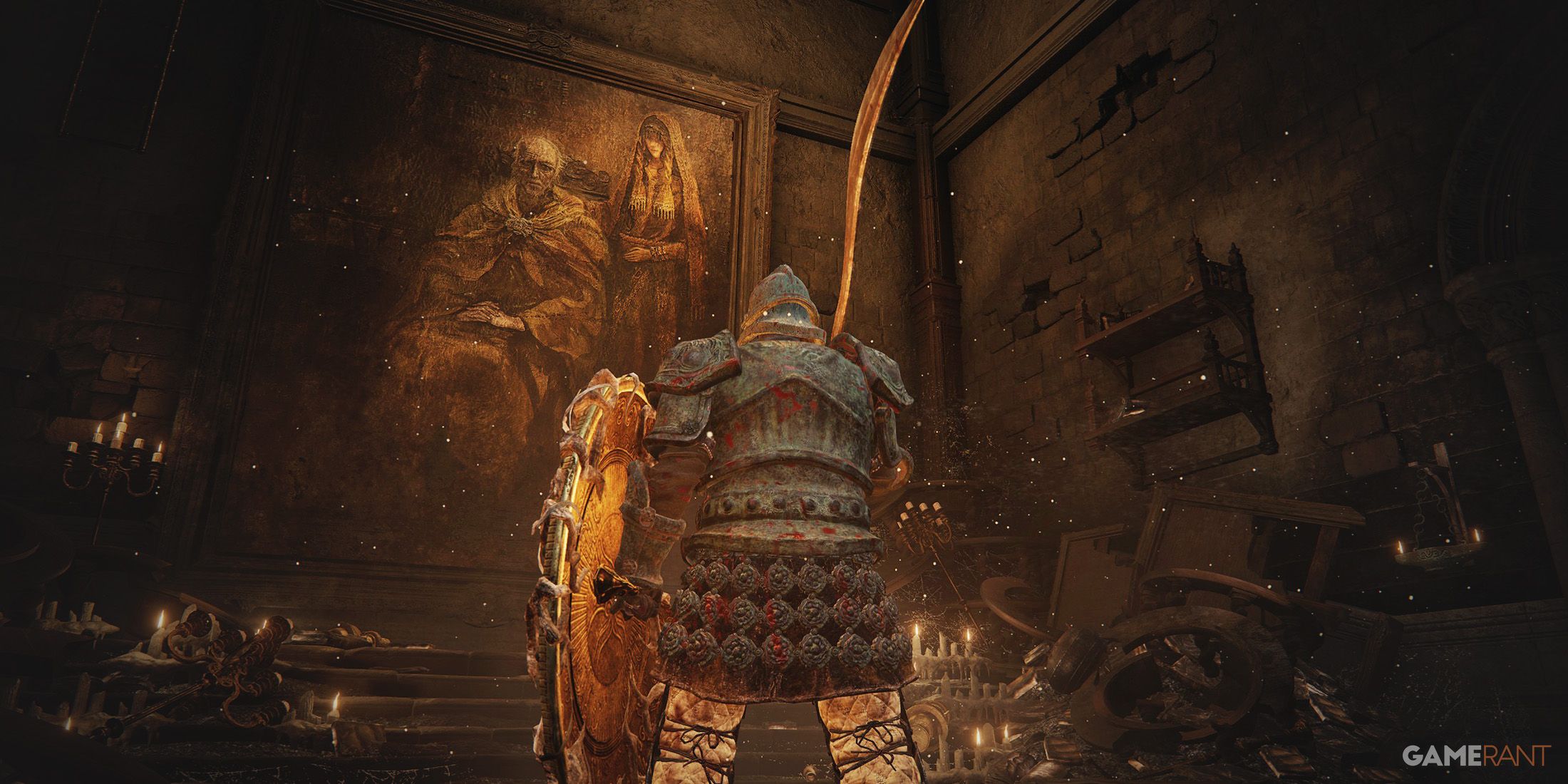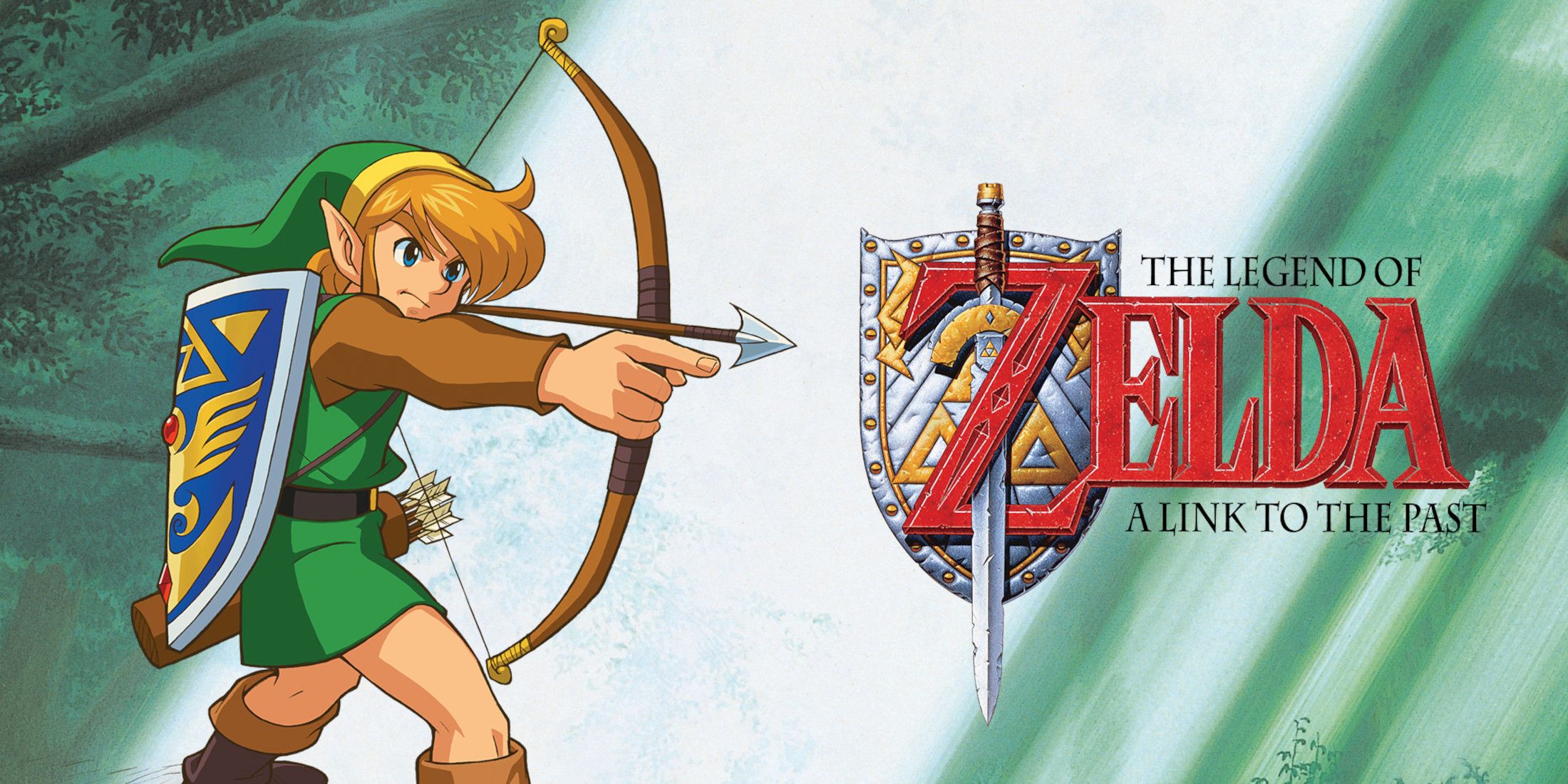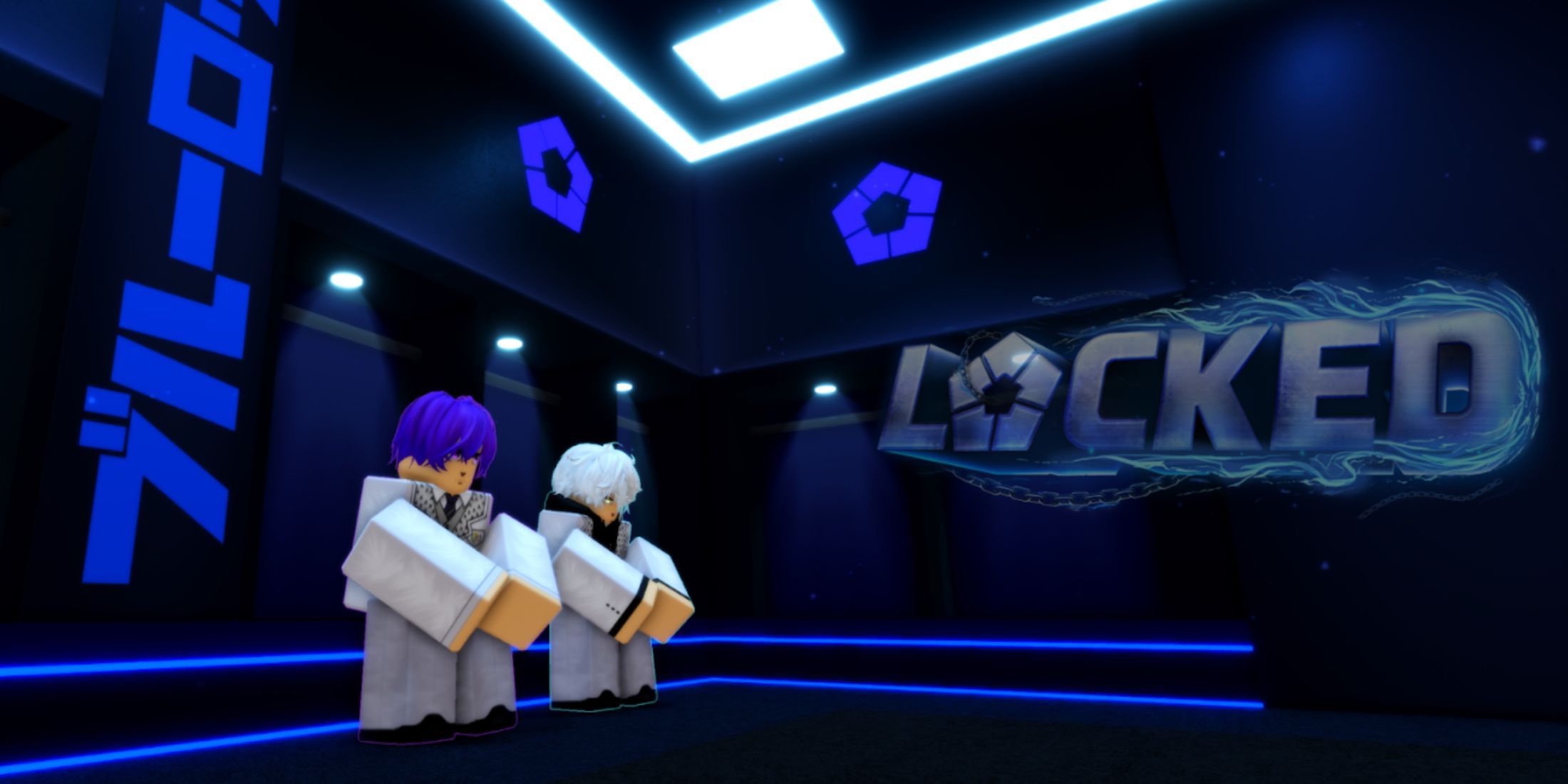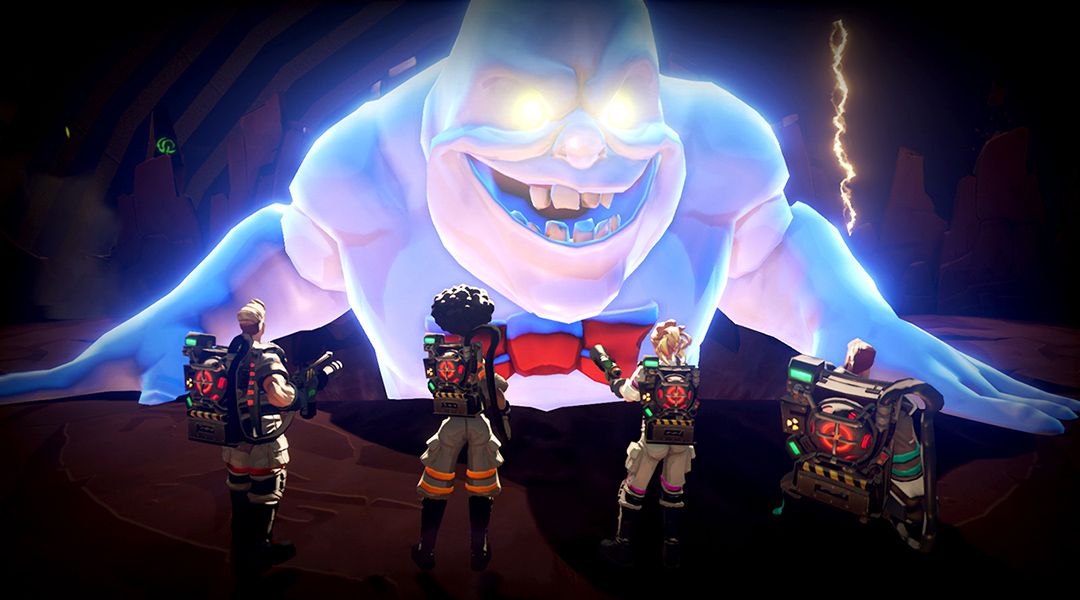Ghostbusters offers a top-down co-op shooter with light RPG elements that fails to capitalize on the magic and humor of the supernatural franchise.
Revisiting old franchises has become a staple of the summer blockbuster season for the last few years (with Jurassic World making a boatload of money last summer) and many of those classic franchises also have strong roots in the world of video games. This summer Ghostbusters is back on the big screen with a new cast of heroes and Activision is attempting to cash in on the hype with a new co-op shooter set in the same universe as the 2016 film.
The new game, simply titled Ghostbusters, is similar to the old titles in that it is a co-op shooter set in the supernatural world. Unfortunately, that's pretty much where the connection to the rest of the franchise ends. The game makes a one line reference to the heroes of the current movie in the opening cinematic, but that is the closest the game comes to a real cameo, aside from a few familiar ghosts. The game's diverse group of rookie 'busters sets off to protect New York (and later other parts of the world) without much clear motivation or character work. That's forgivable enough, though. There are ghosts and they need busting, what more motivation do we need?
The squad of four heroes encourages co-op play by providing a stereotypical set of player options. There's a big guy with a mini-gun, the brains of the operation with an assault rifle, a woman with a powerful short-range shotgun, and another woman who dual-wields pistols. Players choose one of the heroes and storm through ten or so levels of top-down shooting action with them. Each gun obviously has a Ghostbusters skin over it to make it seem more appropriate for ghost hunting, but the weapons still feel a bit out of place in the Ghostbusters universe.
As players roam through the dungeon-crawl levels (without an open world like Diablo 3), most ghosts can be mowed down with the standard weapons. The guns overheat if used too rapidly though, so players must learn to manage them with a handy exhaust button. There are bosses and mini-bosses scattered throughout the enormous levels as well and defeating these monsters requires switching to the traditional proton pack after dealing a certain amount of damage with the other weapons. Once the proton pack is equipped and a beam is locked onto the ghost, the player completes a fairly entertaining mini-game that involves setting the stream to the right angle and slamming the ghost into the ground before throwing a trap. These are the moments where the game feels the most like the Ghostbusters we know and love and it's a shame that the action that leads up to it is so dull and repetitive.
The game's level design is interesting enough from an aesthetic perspective, with an 80s style cartoon appeal and fantastic music that sets the tone, but each map is far too big and spread out. Players will spend over an hour on some maps slowly strolling through graveyards or haunted mansions before reaching the final boss. The game only takes maybe 10-15 hours to beat, so the length isn't the problem, but the maps start to feel repetitive and monotonous, so cutting their length in half and doubling the number might have helped.
Another aspect that adds to the game's dullness is its singular difficulty setting. It took hours before we died in the game and that includes the time spent goofing around with the controls and trying to figure out how to play. Even the more complicated boss fights don't offer much of a challenge and there are usually health packs hidden around every fight zone that can be uncovered by using the P.K.E. meter. The meter is actually one of the game's cooler mechanics and is the rare instance of a 'detective mode' that actually makes sense inside the game's lore.
The game includes some basic role-playing elements with the ability to power up each character after completing a level. There isn't a ton of depth to this system (like something you'd see in Van Helsing) and the fairly linear leveling paths lead gamers towards becoming faster, more powerful, and tougher. Powering up is a fun reward at the end of each level, but players shouldn't expect to have the kind of freedom that would change the play style of a hero very far from where he or she started.
It wouldn't be Ghostbusters without jokes and the game certainly attempts to land quite a few. The game's characters have a lot of energy and banter, but the enthusiasm for ghostbusting doesn't carry over to humor that well. It feels a lot more in line with the tone of The Real Ghostbusters cartoon in its attempt to connect with a younger audience, but it isn't quite as self-aware as that series was.
Ghostbusters would likely be a serviceable enough game if the price was right, but at $50 retail, it doesn't feel like there is enough there to justify the cost. Most of the game's jokes land flat and the top down shooter mechanics get stale too quickly to justify multiple playthroughs.
Game ZXC was provided an Xbox One copy of the game for this review.
Ghostbusters is currently available on PC, PS4, and Xbox One.
[HTML1]
Ghostbusters




